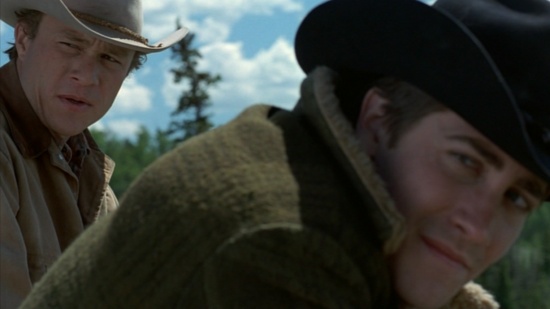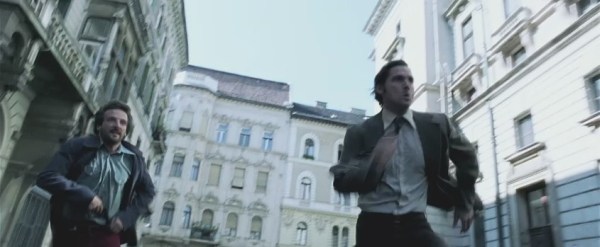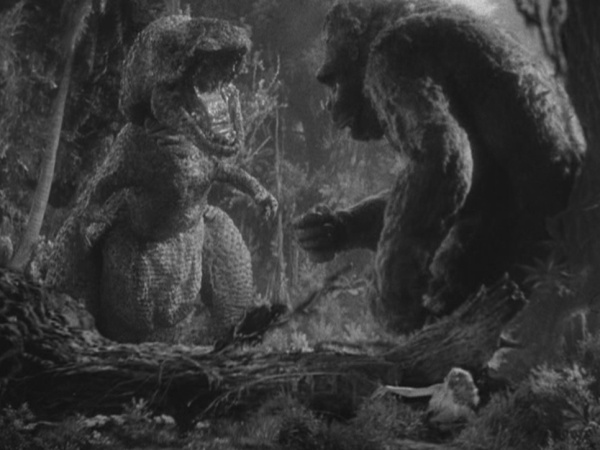Some quick, unstructured thoughts on the Oscars and the broadcast (somewhat belatedly – stupid day job)…
– I was barracking for Brokeback and am disappointed that it didn’t win. However, I can’t really comment on the justice of the surprise decision, as Crash was the only one of the nominees I hadn’t seen. I didn’t think there was any point: while I made a point of seeing Capote last weekend, I wasn’t that fussed about getting a DVD of Crash out, as I assumed it wasn’t a real chance. Quite apart from anything else, when was the last time a film from that early in the year won the award? The main impression I had of it going into the awards was one of puzzlement that its makers thought it was okay to name their film Crash only nine years after David Cronenberg’s film of the same title.


